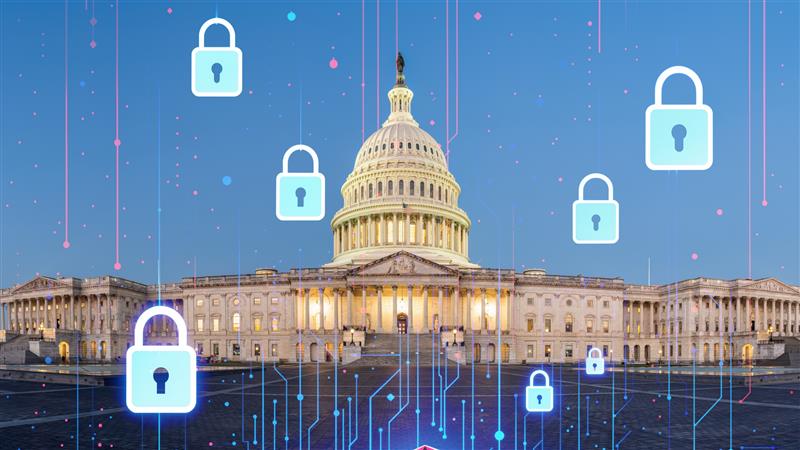
In June, a cyberattack replaced candidate photos with images of Iranian leader Ayatollah Khomeini, causing an election infrastructure shutdown on Arizona’s election website.
That was not the first time American elections get breached.
The incident exposed gaps in Certified Information Systems Auditor (CISA) cybersecurity elections coordination and questioned the federal government’s readiness to respond. Arizona officials quickly limited the intrusion but, instead of reaching out to CISA, they kept their distance.
Alongside the exposed gaps, a deepening skepticism of federal guidance on election structure cyberattacks grew. The episode highlighted how political shifts and staffing cuts can weaken even the most critical cybersecurity networks, leading to election systems shutdown.
Weakened Federal Election Security
CISA’s creation within the Department of Homeland Security was to provide protection for systems, including those of election shutdowns. Changes at the top and cuts to funding, however, made the agency less capable of coordinating thorough responses.
According to analysts, this gap might raise vulnerability among smaller jurisdictions. Since President Trump’s return, CISA has faced nearly half a billion dollars in budget reductions and proposed cuts of over 1,000 positions.
Its top cybersecurity experts have left, creating gaping holes in CISA infrastructure protection. The lack of experienced staff makes one question the agency’s capability to stay ahead of threats before they balloon out of proportion.
“How can I reveal security information that’s very sensitive in nature, that could be easily exploited for political means, with an agency that’s been gutted and politicized,” said Arizona Secretary of State, Adrian Fontes.
The tangible consequence of a weakened CISA policy is that its cautiousness led states to improvise their own security measures. Instead, Fontes turned to the National Guard and state intelligence units for resources, bypassing federal channels.
It was a larger challenge in maintaining federal election security when that very same federal support is inconsistent. Analysts say decentralized efforts, though necessary, may leave vulnerabilities unaddressed, especially when threats are sophisticated and cross multiple jurisdictions.
Broader Election Cyber Threats
A significant breach of F5 software showed how nation-state actors might quickly exploit election ransomware attack vulnerabilities in some of the most widely used systems today.
These are the very same incidents revealing that federal cyber defenses often rely on reactive measures, rather than strategies of prevention, exposing election infrastructure.
CISA ordered emergency patching, but limited staffing and continued government shutdowns, raising fears of an election day DDoS attack that could cripple networks.
Experts say even short delays could undermine voter confidence and the integrity of election operations. The decline in federal support has also led to a greater likelihood of election hacking.
State and local officials are tracking the emergent election cyber threats, including AI-generated misinformation campaigns and automated intrusion attempts.
“There are things important to the elections community that will be missing on this Election Day,” Paul Lux, head of the Elections Infrastructure Information Sharing and Analysis Center, warned.
Lux’ words underlined the very real consequences of an election system hacked scenario.
Smaller and underfunded jurisdictions are at greater risk of election foreign inference, since state and local offices often don’t have the resources to counter such sophisticated attacks. In the absence of consistent federal coordination, such vulnerabilities may lead to cascading effects across the broader electoral system.
What happened in Arizona illustrates a wider reality: the next election infrastructure shutdown could be felt nationally.
According to analysts, a roadmap to resilience includes fortifying federal-state collaboration and investing in proactive cyber measures to harden defenses, while CISA stabilizes its workforce. As the nation gears up for the next round of elections, resilience cannot be merely technological but rather coupled with trust, transparency, and sound policy consistency.
The lessons are clear, cyber threats are evolving faster than the systems meant to defend against them. America must adopt an approach that is proactive in nature, laying emphasis on prevention, coordination, and human expertise in securing election infrastructure.
Otherwise, the next attack, from either foreign actors or domestic hackers, may test the nation’s democracy in ways that a weakened CISA cybersecurity elections network cannot withstand.
Inside Telecom provides you with an extensive list of content covering all aspects of the tech industry. Keep an eye on our Cybersecurity sections to stay informed and up-to-date with our daily articles.